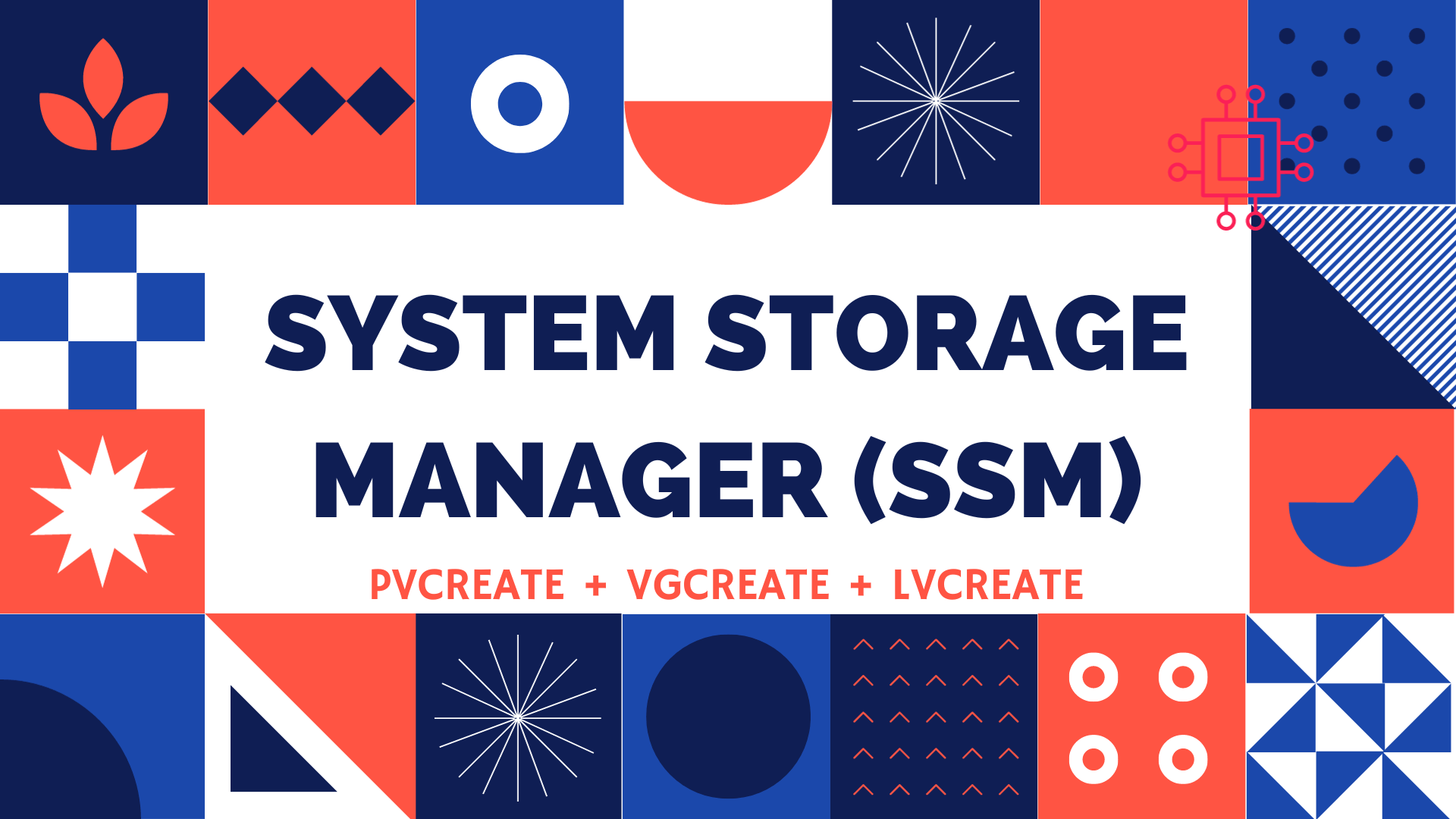
Table of Contents Introduction Redhat recently introduced the System Storage Manager (SSM), a unified user interface that allows uses to manage complicated systems in a

Hiring tech talent can be a daunting task, especially in today’s competitive job market. Organizations need to find the right balance between technical skills, cultural fit, and other intangible qualities that are essential to building a high-performing tech team. This is where the shortlist selection process comes into play. By carefully evaluating candidates and narrowing down the list to a select few, organizations can ensure that they are making the best possible hiring decision.
In this article, we’ll explore how to effectively navigate the shortlist selection process in the IT sector, and provide a checklist of at least 10 items for measuring criteria that can help organizations identify the right tech candidates for their team. This checklist generally applies to IT professionals of all stripes from help desk support technicians, to systems administrators and engineers, as well as, developers and team leads.

Image by Tima Miroshnichenko from Pexels
If your candidate does not meet at least 80% of the criteria listed in the following paragraphs. They do not deserve to be on the shortlist and you may even go as far as not considering him or her at all. It is rare that you encounter a candidate that checks all the boxes but, it does happen and these are some of the traits shortlist candidates possess:
The first item on the checklist is the candidate’s technical skills. It’s important to assess whether the candidate has the right technical knowledge and experience to perform the job at hand. This can be achieved through a combination of technical tests, coding exercises, and reviewing previous work experience.
In the IT sector, problem-solving is an essential skill. The ability to think outside the box and come up with creative solutions to complex problems is a hallmark of successful tech professionals. Ask candidates about their experience solving challenging technical problems or present them with a hypothetical problem to solve.
Technology is an ever-evolving field, so the ability to adapt to new technologies, programming languages, and development methodologies is critical. Assess whether the candidate has demonstrated adaptability in their previous work experience or through ongoing professional development activities.
Successful tech projects require collaboration and teamwork, so it’s important to evaluate whether the candidate has the necessary social skills to work effectively with others. Look for evidence of collaboration and teamwork in the candidate’s previous work experience, as well as any extracurricular activities they may have participated in.
Clear and effective communication is essential in the IT sector. Evaluate the candidate’s communication skills by asking them to explain complex technical concepts in simple terms, or to describe a recent project they worked on and the role they played in its success.
Passion for technology is often a hallmark of successful tech professionals. Assess whether the candidate has a genuine interest in technology by asking them about their favorite technologies, blogs or podcasts they follow, or any personal projects they are working on.
Cultural fit is essential for building a high-performing tech team. Evaluate whether the candidate’s values, work style, and personality align with the company’s culture. Ask the candidate to describe their ideal work environment and what they are looking for in a job.
Successful tech professionals have a strong desire to learn and expand their skills. Evaluate the candidate’s learning aptitude by asking about any recent courses or certifications they have completed, or any new technologies they have recently learned.
In the IT sector, even small mistakes can have significant consequences. Evaluate the candidate’s attention to detail by asking about their quality control processes, or by presenting them with a hypothetical scenario where attention to detail is critical.
Successful tech professionals are often self-starters who take initiative and seek out new challenges. Evaluate the candidate’s ability to take initiative by asking about a time when they identified a problem and took steps to solve it, or by presenting them with a hypothetical scenario where taking initiative is essential.
Now that we’ve identified the criteria for measuring candidates, let’s explore how to navigate the shortlist selection process.
The first step in the shortlist selection process is to review resumes and cover letters. Look for evidence of the candidate’s technical skills, problem-solving ability, adaptability, and communication skills. Pay attention to how the candidate presents themselves in their application materials, including their attention to detail and ability to communicate effectively.
Once you’ve reviewed resumes and cover letters, the next step is to conduct phone or video interviews with the most promising candidates. Use this opportunity to ask questions about their technical skills, problem-solving ability, and cultural fit. Pay attention to their communication skills, enthusiasm for technology, and ability to collaborate and work in a team.
Technical tests or coding exercises can provide valuable insights into a candidate’s technical skills and problem-solving ability. Use these exercises to assess the candidate’s ability to solve complex technical problems, write clean and efficient code, and communicate their thought process.
Finally, don’t forget to check the candidate’s references. Use this opportunity to gain insights into the candidate’s work history, collaboration skills, and overall performance.
Incorporating the checklist of criteria we’ve identified and using the shortlist selection process can help organizations identify the best possible tech candidates for their team. By evaluating candidates based on their technical skills, problem-solving ability, cultural fit, communication skills, and other key factors, organizations can make informed and strategic hiring decisions that set their teams up for success.
Navigating the shortlist selection process requires a combination of technical evaluation and soft skills assessment. Use the criteria we’ve identified to evaluate candidates based on their technical skills, problem-solving ability, adaptability, collaboration and teamwork, communication skills, passion for technology, cultural fit, learning aptitude, attention to detail, and ability to take initiative. By using the shortlist selection process and the criteria we’ve identified, organizations can find the right tech candidates for their team and set themselves up for success.
Was this article helpful to you? If so, let us know about it in the comment section. We’d love to hear from you.
Related Posts

Table of Contents Introduction Redhat recently introduced the System Storage Manager (SSM), a unified user interface that allows uses to manage complicated systems in a

Configuring autofs in Linux is a straightforward task. This article will guide you through the process of setting up and enabling the autofs service. Table

In this article, we will review questions a hiring manager may ask and what to look for when vetting potential tech candidates… Table of Contents
